High-Pressure Careers
Today especially, when so many jobs require the ability to communicate, our emotion skills determine how we’ll perform.
— Marc Brackett, Permission to Feel
The roots of these challenges can often be traced to complex trauma.
High-pressure situations can reveal ineffective or harmful ways of coping with stress.
The impact of trauma on your career can be profound. It can deeply affect your career by creating emotional vulnerabilities that shape how you work with others, handle stress, and deal with job pressures.
We need to understand that victims of trauma are more prone to all forms of addiction because their baseline of stress is different.
— Oprah Winfrey and Bruce Perry, What Happened to You?
(Note: beyond substance use, addictions include workaholism, sex addiction, food addiction, and various other potentially harmful ways people cope with stress)
Ways trauma can drag Down your career
-
Struggling to trust others can lead to challenges in building professional relationships and collaborating with colleagues.
-
Avoiding of confrontation and conflict due to a fear of re-traumatization, which can hinder one’s ability to address workplace issues effectively.
-
Emotional sensitivity and difficulty managing intense emotions, leading to emotional outbursts or withdrawal in the workplace.
-
Struggling with feelings of inadequacy, doubting abilities and feeling like an imposter a professional role.
-
Challenged to setting appropriate boundaries in the workplace, leading to overcommitment or difficulty saying no.
-
Perfectionistic tendencies can lead to excessive self-criticism and fear of making mistakes at work.
-
Constantly on high alert and easily overwhelmed by sensory stimuli, impacting focus and productivity.
-
Unhealthy coping skills can lead to chronic stress and burnout, affecting job performance and overall well-being.
-
Struggle with authority figures at work due to past experiences of early trauma can lead to challenges in following directions, seeking guidance, or advocating for oneself.
-
Trauma-related symptoms, such as dissociation or memory issues, may affect an individual's ability to manage time effectively, leading to missed deadlines or disorganization.
-
Withdrawal from social interactions at work, isolating from colleagues and missing out on networking and professional opportunities.
-
Frequent job changes or difficulty maintaining steady employment due to challenges in coping with workplace stress and dynamics.
You have likely found effective ways to work around the challenges listed above.
Outwardly, you might even be at the top of your game. But what’s really happening internally?
How much of a toll on your health, wellness, and relationships does it take to keep going this way?
Maybe it’s time to consider working through these challenges.
Tap into Your Strengths
with post-traumatic stress healing
-
Better manage your emotions to reduce the likelihood of emotional outbursts or becoming overwhelmed in high-pressure situations at work. This emotional stability allows you to make better decisions and handle stress more effectively.
-
Improving your communication and social skills can support better relationships with colleagues, clients, and superiors. This can lead to improved teamwork and increased trust in professional settings.
-
Trauma can leave you feeling powerless and overwhelmed, making it difficult to bounce back from setbacks. Healing empowers you to develop resilience, enabling you to face challenges at work with a more positive and determined mindset.
-
Untreated trauma may cause difficulties with concentration and productivity. As you heal, you may experience improved focus and efficiency, which can lead to better job performance and advancement opportunities.
-
Complex trauma can impact your self-confidence, hindering your ability to showcase your skills and talents. Healing helps rebuild your self-esteem, allowing you to assert yourself more confidently in professional settings.
-
Unresolved trauma can contribute to chronic stress, which may lead to burnout or health issues. Healing can lower stress levels and free up vital energy, promoting a healthier work-life balance and better overall well-being.
-
Healing from trauma can free up energy that has been spent in self-protective ways, unlocking your creative potential and enabling you to approach challenges with fresh perspectives.
-
Trauma patterns can keep you stuck in rigid ways of being. Healing allows you to become more flexible and open to new experiences, making you better equipped to navigate changes and seize new opportunities in your career.
-
Healing from complex trauma helps you break free from limiting patterns and behaviors, opening the door for personal growth. The newfound sense of clarity and strength can give rise to deeper career fulfillment and advancement.
-
Traumatic experiences can lead to negative beliefs about yourself and your abilities. Healing enables you to challenge these limiting beliefs and replace them with more realistic and empowering perspectives about your capabilities and potential.

Self-care is how you take your power back.
— Lalah Delia
Ready to Tranform Your Professional Life?
Take the first step in unlocking your professional potential. Address complex trauma's impact on your career and discover a path towards growth and fulfillment.




